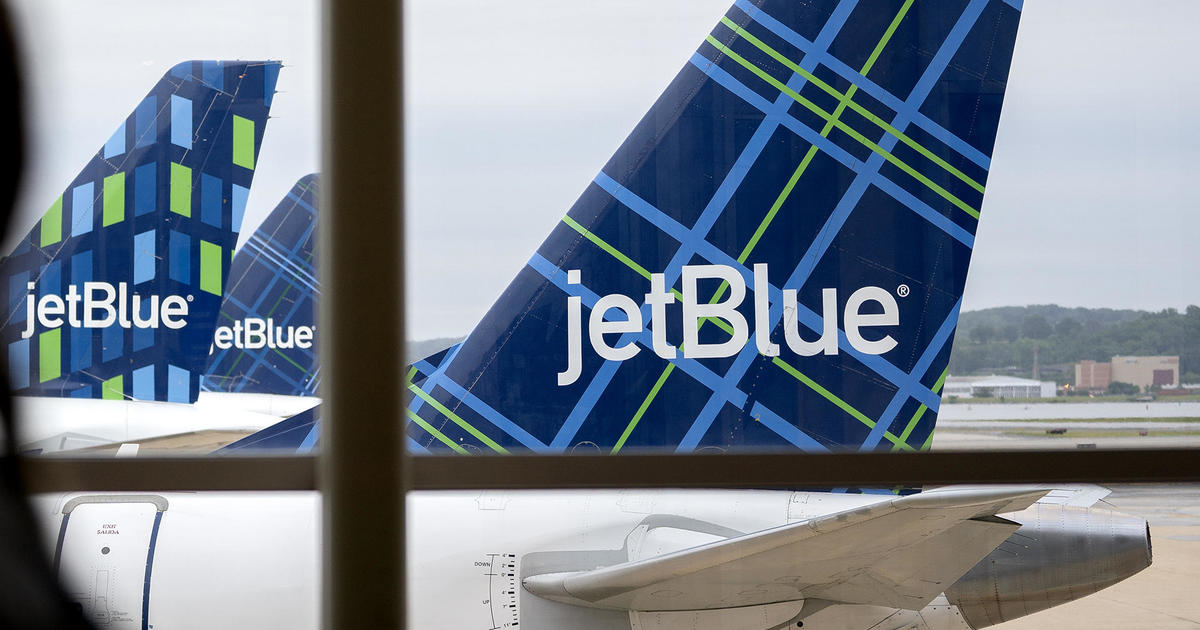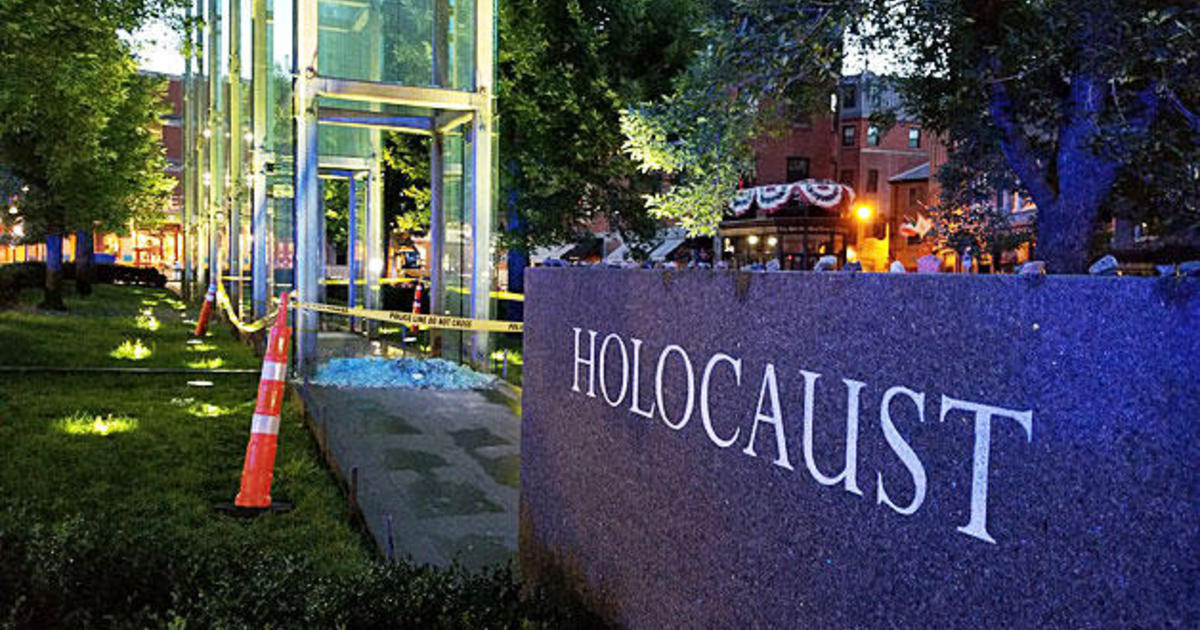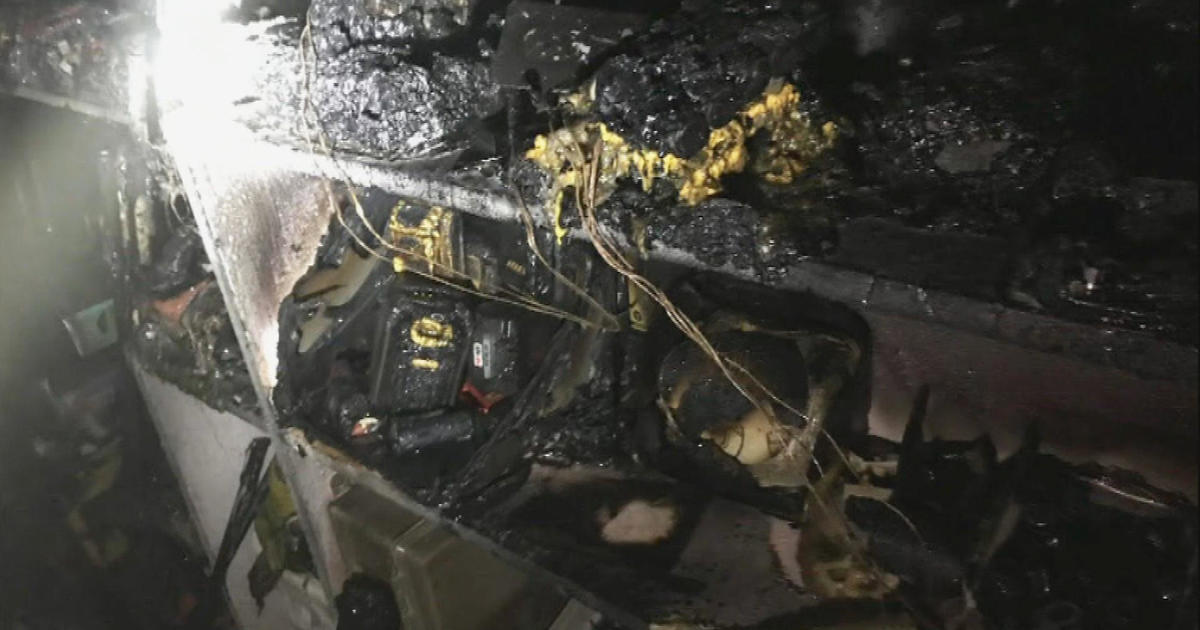I-Team: Some Drinking Water Is Making Massachusetts Residents Sick
BOSTON (CBS) - Ever wonder what's in the water coming out of your faucet? WBZ-TV's I-Team dug into a database of drinking water test results from every community in the state and found some people who say their water has made them sick.
"I knew there had been bad stuff in the water," said Kristen Mello, who is from Westfield. "But it didn't occur to me that it had gone across the whole city."
Tests done on Westfield's water supply have shown high levels of toxic chemicals known as PFAS, believed to be from foam used in firefighter training at the nearby Barnes Air National Guard base. Some municipal wells have been taken offline. Another well has a $500,000 temporary filtration system that city officials installed to bring the water within government guidelines.
But scientists say the effects linger in people already exposed, as Mello learned when she met others who had PFAS in their water from across the country. "They started naming off medical conditions that every single member of my immediate family have. … I'm sitting in the middle of this conference room with tears streaming down my face."
PFAS compounds run through taps in several New England towns. When the I-Team searched the Environmental Working Group's annual drinking water database, the chemicals turned up in Danvers, Hudson, Mashpee and Hyannis, where a firefighter training academy used the foam for decades.
People can punch in a zip code to see all kinds of different contaminants in their water.
"It's shocking," said a mom in Acton when the I-Team showed her the database. The Acton Water Supply District showed a different substance, arsenic, at levels close to the federal limit. High levels of arsenic have been linked to cancer. "It's terrible to think that's in our drinking water."
The Acton Water Supply District sent a response to our report, saying in part, "The Water District devotes extensive resources towards providing the best water we can to our customers."
It went on to say the EWG's data includes tests from samples taken before the water was treated.
"We provide results of drinking water quality testing to our customers in our Consumer Confidence Report. The latest report can always be found at www.actonwater.com/ccr."
It says the arsenic levels in 2018 and 2019 ranged from 0-6 parts per billion, while the federal limit is 10ppb.
The EPA's limits on substances in public water supplies are known as maximum contamination levels, or MCLs.
"An MCL doesn't always correspond with public health. The MCL is really a snapshot of where research was at the time that rule was made," said Maureo Fernandez, who works with Clean Water Action. The group is pushing government officials to set stricter limits on PFAS. "It's in your food packaging; it's in clothes; it's in dental floss," said Fernandez.
Massachusetts regulators are now considering lowering the PFAS standard from 70 parts per trillion to 20. Fernandez and other advocates say the only safe level is one part per trillion.
"If you take a dropper in an Olympic sized swimming pool and you drop one droplet in, that's one part per trillion," said Fernandez.
"And we were in the hundreds for years," said Mello, who's become an advocate for clean water, and a Westfield city councilor.
If members of the public want to weigh-in on more regulations for PFAS in Massachusetts, the state's Department of Environmental Protection is taking written comments through the end of February. If you want to check what's in your water, log into the EWG database.



